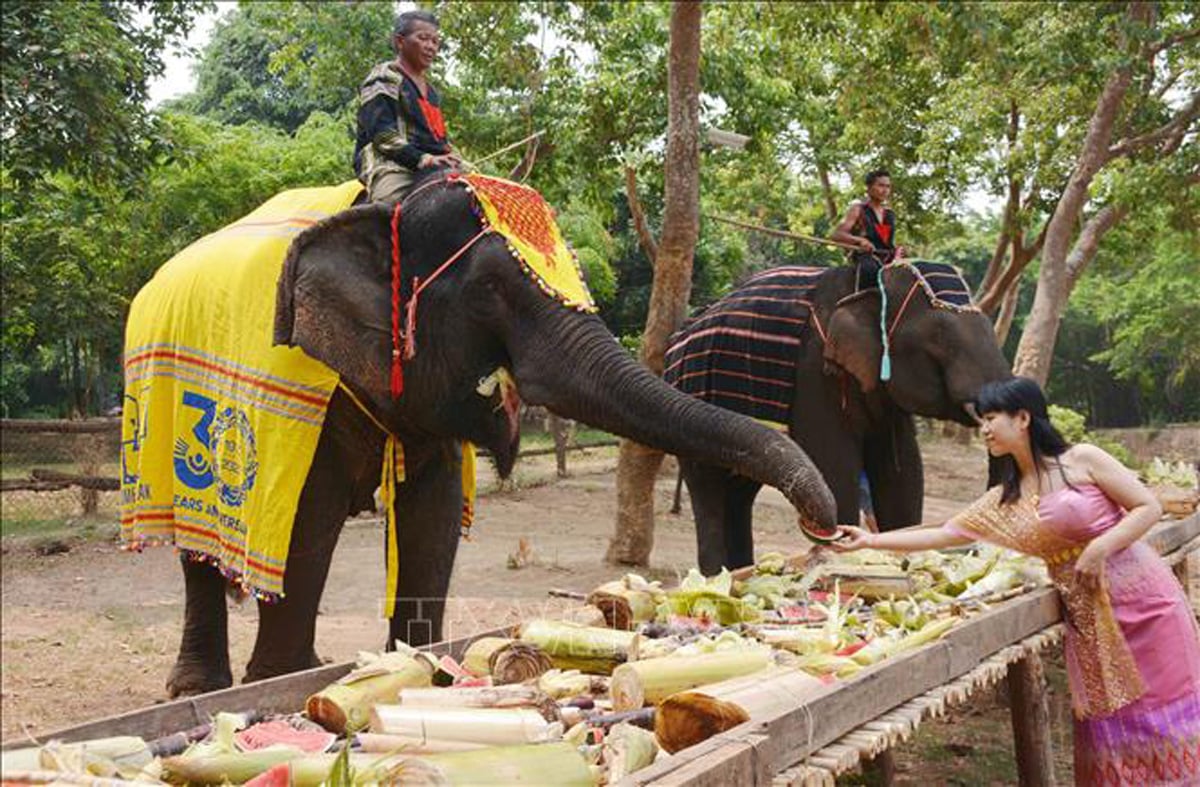
Tourists wearing Lao ethnic costumes experience feeding elephants in the program "Elephant-friendly tourism " at Buon Don Suspension Bridge Tourist Center (documentary photo).
Enjoy the experience
Two years ago, in order to contribute to the conservation of domestic elephants, Buon Don Suspension Bridge Tourist Center stopped the elephant riding service, replacing it with friendly and close interactions between tourists and elephants. Coming to the Center, tourists can feed elephants, take pictures with elephants, bathe elephants, watch health worship ceremonies and buffet parties for elephants...
Not far from the Center, the "Elephant-friendly tourism" experience has been implemented by Yok Don National Park in collaboration with Animals Asia since July 2018. Coming to Yok Don National Park, visitors can learn about the daily activities of elephants, watch elephants eat, bathe, walk and explore the flora and fauna in the forest.
After the Lunar New Year of At Ty 2025, Mr. Nguyen Van Phien, a tourist from Hoa Binh province, traveled to Dak Lak with his relatives and experienced the "Elephant-friendly tourism" model. According to Mr. Phien, he was very impressed and satisfied when he had friendly interactions with elephants, fed them and wore local costumes to take pictures with them.
Sharing the same sentiment as Mr. Phien, Ms. Vu Thuy Van, a tourist from Ninh Binh province, said that through the song "The little elephant in Ban Don", she was impressed with elephants and wished to visit Buon Don once. In 2025, coming to Buon Don for the first time, immersing herself in the sun and wind of the Central Highlands and interacting friendly with elephants, feeding elephants, seeing the elephants healthy and strong, Ms. Van was very happy. According to Ms. Van, the model of "Elephant-friendly tourism" is a humane way of doing things and needs to be maintained to protect the elephant herd.
Implementing the model of "Elephant-friendly tourism", Buon Don Suspension Bridge Tourism Center has focused on providing a better living environment for elephants, including diet, medical care and suitable accommodation. At the same time, the Center updates information and propaganda so that tourists can join hands to respond to the model, participate in educational activities and raise awareness about animal protection; regularly renew the model in conjunction with other tourism products, exploit community tourism and Lao culture to attract tourists.
Ms. Tran Thi Kim Anh, Director of Biet Dien Tourism and Hotel Branch (the unit managing Buon Don Suspension Bridge Tourist Center) said that after 2 years of implementation, the "Elephant-friendly tourism" model has achieved encouraging results, helping to improve the lives of elephants and the local community, becoming a highlight in the activities of Buon Don Suspension Bridge Tourist Center. Therefore, the Center will continue to invest in transforming the "Elephant-friendly tourism" model and providing new services, aiming to become a model for other tourist areas to follow.
The "Elephant-friendly tourism" model is a form of responsible tourism that helps minimize the impact of tourism activities on elephant health, serving the conservation and sustainable elephant tourism. The implementation of the model has concretized the Memorandum of Understanding between the People's Committee of Dak Lak province and Animals Asia "on cooperation in building a model of friendly tourism for domestic elephants" signed in 2021 to end the use of elephant riding tourism as well as activities that affect the welfare of domestic elephants in tourism and festivals, contributing to the conservation of domestic elephants in Dak Lak.
Challenges to be solved
Despite some positive results, the "Elephant-friendly tourism" model still faces many challenges that need to be addressed. To achieve the goal of elephant conservation and sustainable tourism development, it requires consensus, advice and more efforts from the government, community and tourism businesses.
According to the Center for Elephant Conservation, Animal Rescue and Forest Protection Management of Dak Lak Province, the province still has 35 domesticated elephants, distributed mainly in Lak and Buon Don districts. Most of the domesticated elephants in Dak Lak are owned by local households, the main source of income is from elephants. The herd of domesticated elephants is old, mostly over 40 years old, not successfully reproducing, and is at a very high risk of extinction. The grazing area and food area of elephants are increasingly narrowing, leading to the possibility of conflicts over housing.
On the other hand, there is currently no official regulation to stop elephant riding; the "Elephant-friendly tourism" model has not been launched in Lak district. A number of tourists still want to ride elephants, stopping elephant riding in Buon Don district causes the number of tourists to flow to Lak area, putting pressure on elephant welfare in the district. In addition, Yok Don National Park cannot receive all elephants from other places and Lak district. These are challenges in conserving domestic elephants in Dak Lak. If the form is not changed soon, elephant riding tourism will affect the health, habits and welfare of elephants.
At the workshop "The Story of Elephants" organized by Dak Lak 2/9 Import-Export One Member Limited Liability Company (Simexco Daklak) on March 7, in Buon Ma Thuot city, functional agencies, businesses, local authorities, elephant trainers and related parties discussed and proposed many solutions to protect domestic elephants and develop the model of "Elephant-friendly tourism".
According to Vice Chairman of Buon Don District People's Committee Y Si That Ksor, in addition to promoting the conversion from elephant riding tourism to elephant-friendly tourism, the province and locality need to integrate funded programs and non-governmental projects to ensure alternative livelihoods for local people (elephant owners and elephant trainers); have resources to support infrastructure, technical facilities, and vocational skills to promote the development of other types of tourism. Localities need to retrain elephant trainers to change their careers from elephant drivers to tour guides specializing in elephant culture.
According to Mr. Ryan Hockley, Technical Advisor of Animals Asia, with the "Elephant-friendly tourism" model, elephants can live closer to their natural instincts, eat according to their preferences, have good health and a longer lifespan. The solution to develop this model is to grasp the needs of tourists and improve tour quality, capture potential groups of customers, and promote on multiple platforms. On the other hand, related personnel must also learn new approaches when changing the model.
Deputy Director of the Department of Culture, Sports and Tourism of Dak Lak province Nguyen Thuy Phuong Hieu said that the "Elephant-friendly tourism" model is the province's direction in conserving rare wildlife. The province has directed localities, units and businesses to gradually replace and completely end elephant riding tourism after 2026. On the other hand, in implementing the "Elephant-friendly tourism" model, units and businesses have linked with many tourism activities and products such as: experiencing Lao culture and traditional cuisine, hiking, camping, cycling, exploring the legendary Serepok River, gong exchanges... to create an impression on tourists. In particular, at the 9th Buon Ma Thuot Coffee Festival, Buon Don Elephant Association (March 9 - 12, 2025) will hold the following activities: Elephant health worship ceremony, Elephant worship and bathing ceremony, Elephant makeup contest, elephant greeting and interaction with tourists, Elephant soccer competition, Elephant buffet party... to continue spreading and changing tourists' awareness of the model of "Elephant-friendly tourism".
To develop the model, many opinions say that the province needs to have policies to encourage tourism businesses to invest in elephant conservation activities and develop sustainable models; support budgets for tourism establishments and households with elephants to implement the model. Relevant departments, branches and units need to implement plans to preserve wild elephant habitats; strengthen management, health care, increase the longevity of domesticated elephants, and prohibit the use of tourism services that affect the health of elephants.
Source: https://baohoabinh.com.vn/276/199102/Phat-trien-mo-hinh-Du-lich-than-thien-voi-voi.htm


![[Photo] General Secretary To Lam attends the 95th Anniversary of the Party Central Office's Traditional Day](https://vphoto.vietnam.vn/thumb/1200x675/vietnam/resource/IMAGE/2025/10/18/1760784671836_a1-bnd-4476-1940-jpg.webp)
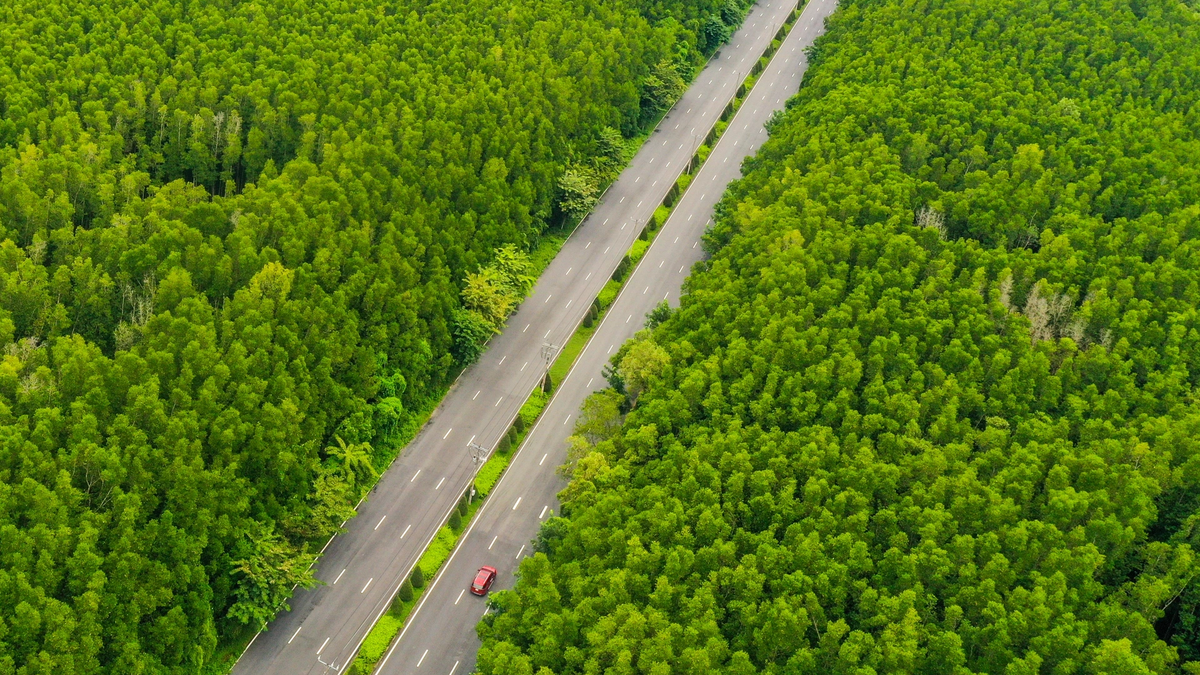
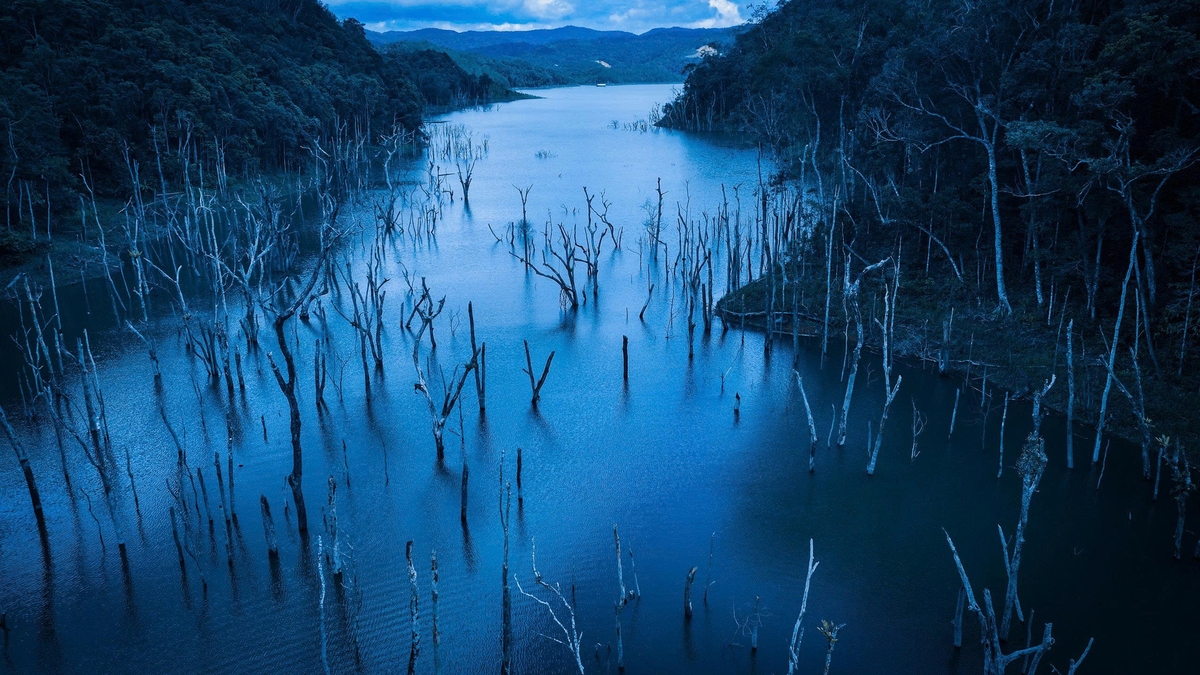

![[Photo] Collecting waste, sowing green seeds](https://vphoto.vietnam.vn/thumb/1200x675/vietnam/resource/IMAGE/2025/10/18/1760786475497_ndo_br_1-jpg.webp)

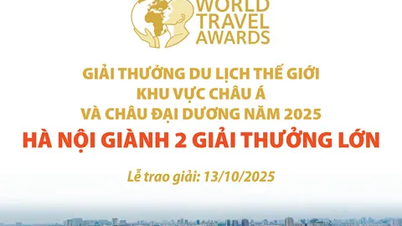





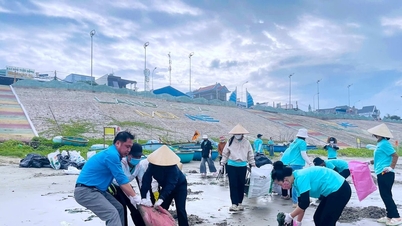



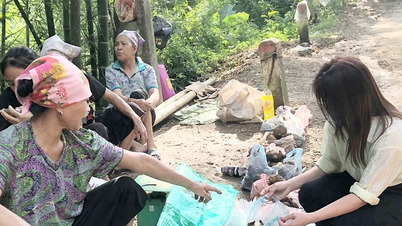







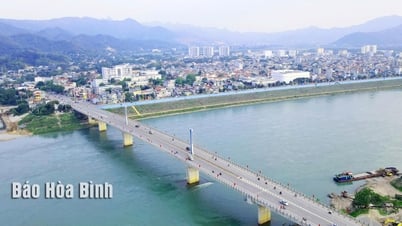
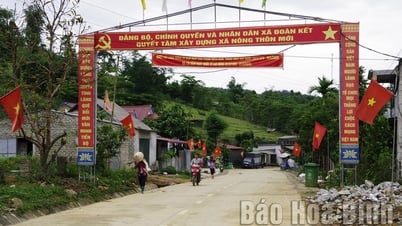
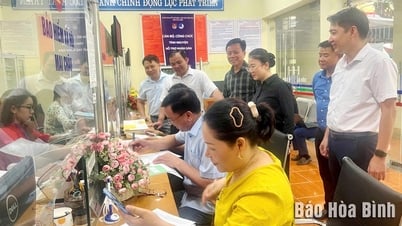
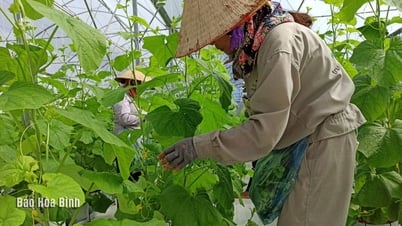


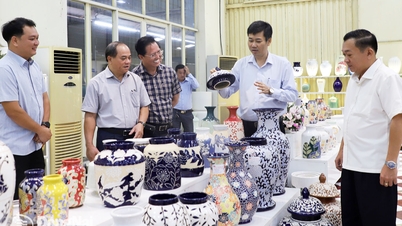











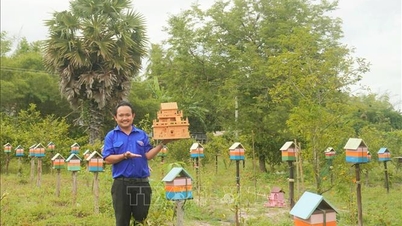






















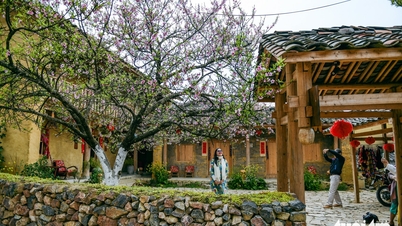


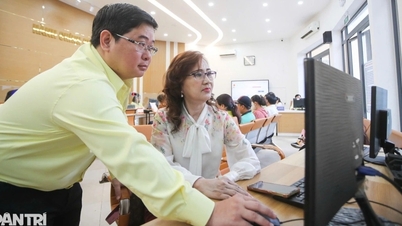








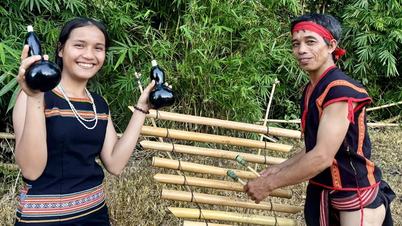
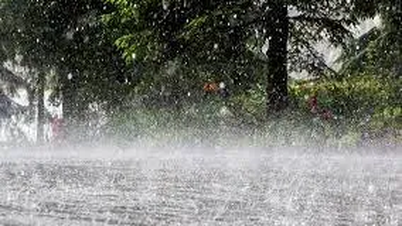





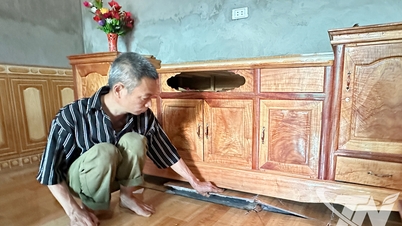













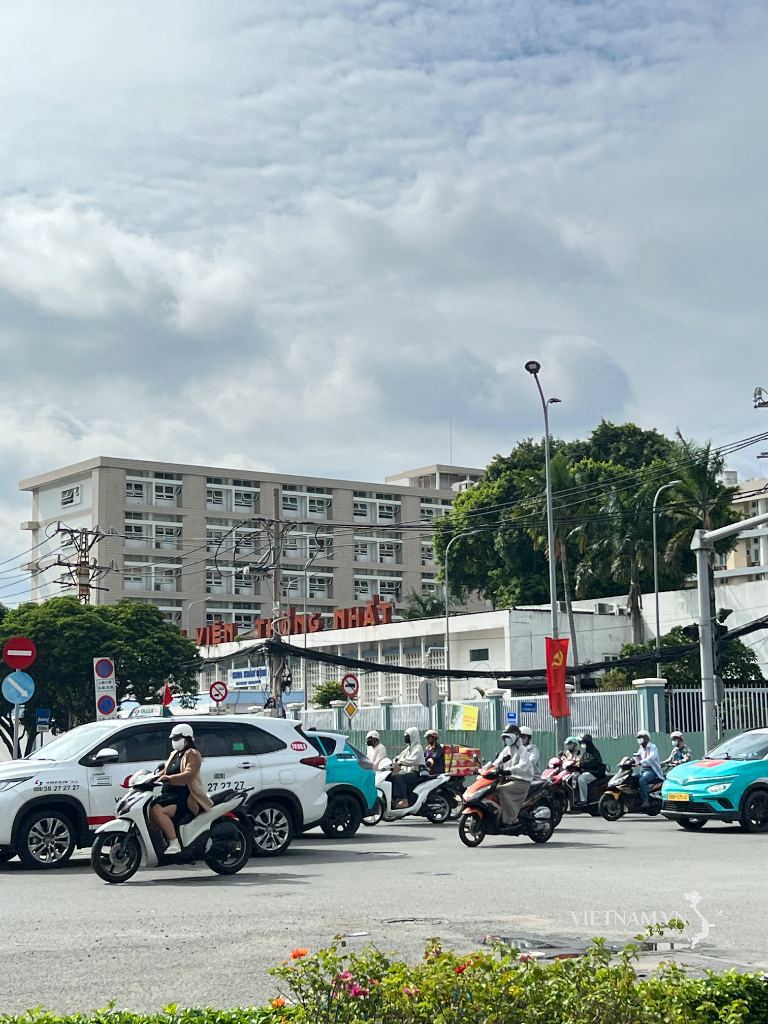


Comment (0)